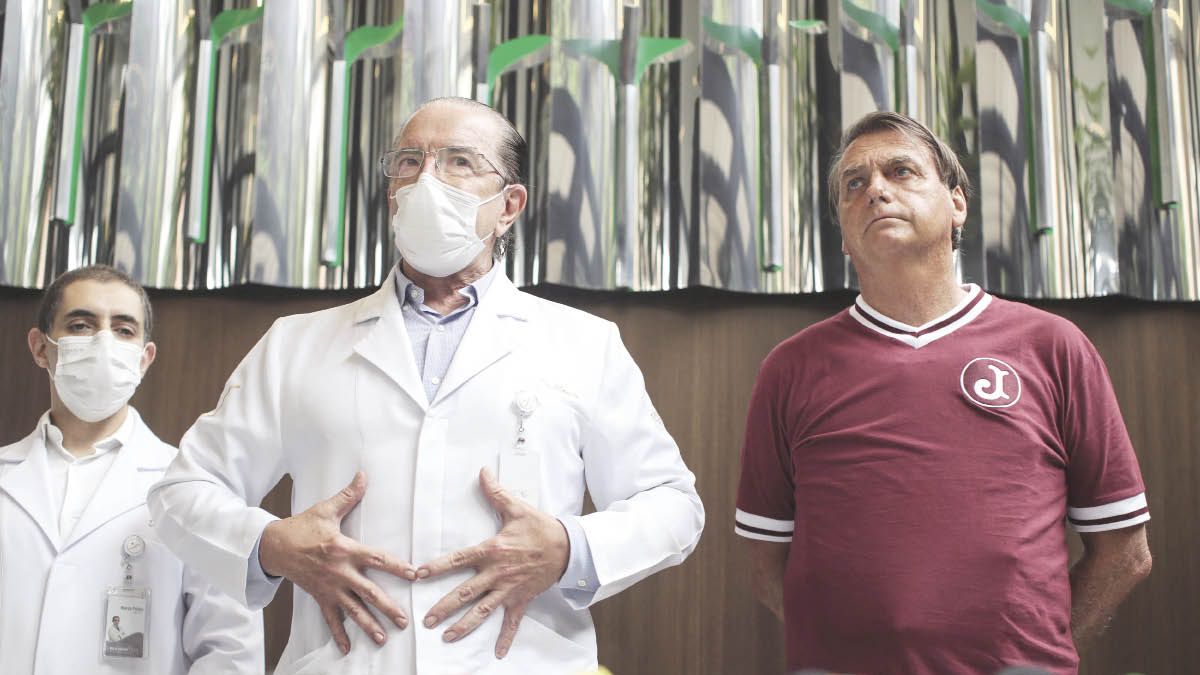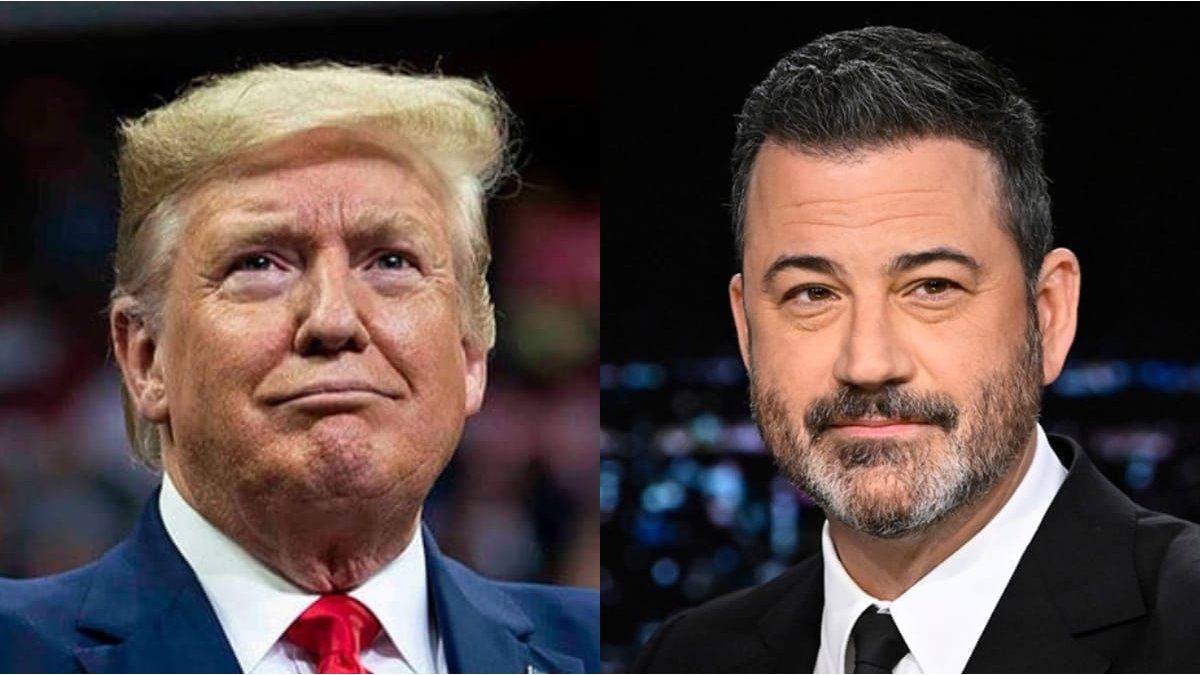The former president for the Workers’ Party (PT) would confirm his nomination in March, but all his gestures today point in that sense, as do the polls, which give him an advantage of 48% to 22% in the intention to vote for the first shift.
In addition to the deterioration of the mood of the middle class, Bolsonaro must deal with a worsening of the social situation – which led him to launch an increase in aid plans with electoral criteria – and with a marked cooling of the economy, which recovered 4.5% last year after the recession due to the 2020 pandemic, but this year it would only expand 0.36%, according to projections by private analysts.
Prices
Likewise, inflation of 10.74% in the 12 months to November, which eroded the purchasing power of the population, is particularly worrying. To contain it, the Central Bank raised the Selic basic interest rate from 2% to 9.25% between March and December, dragging down the other market rates, which in turn hampered growth.
For Jussara, who deals with new expenses and long-standing debts, this rise in the cost of money represents a new burden, without yet alleviating inflation.
For example, chicken increased 22.9% between January and November, and diesel, almost 50%. Meanwhile, the gas cylinder jumped from 60 reais –11 dollars– to 100 reais –18 dollars–.
Straits
“At home we changed to cheaper product brands, we stopped going to work in the car and suspended outings,” said this 37-year-old entrepreneur, who runs a kindergarten and lives with her family in the southeast of São Paulo. However, he only got a break by putting off credit card commitments … until the next bill.
“I am concerned that paying in installments will make everything more expensive, but I have no alternative,” said Jussara, who even asked for a loan to cover part of her household and professional expenses and the interest she accumulates.
The average rate of revolving credit to finance the card account climbed to 346.1% annually in November, after a rise of 18.3% in 2021.
Like Jussara, many Brazilian families resorted to this type of loan due to the loss of purchasing power, and “they are already dedicating a greater part of their income to cover interest,” explained Rachel de Sá, head of Economy at Rico Investimentos.
Inflation, as well as the rise in the basic rate, are affecting consumption, the main engine of the Brazilian economy.
“The higher cost of money especially impacts the consumption of durable goods, such as household appliances and vehicles,” says Fernanda Mansano, chief economist of the TC financial education platform. The demand for these goods -generally bought on credit- fell 4.9% monthly in October.
Industry
Economic indicators reflect a broader deterioration: less demand for goods and services and weakened industrial activity, which eased in October for the fifth consecutive month, multiplying concerns about a slowly recovering labor market, warns Mansano.
The unemployment rate fell to 12.1% in the August-October quarter, but with greater informality. Some 12.9 million Brazilians are unemployed and 38.2 million have informal jobs, out of a workforce of 106.9 million. The weakness of the labor market is also reflected in the average real wage (without inflation), which fell to the lowest level since 2012, to 2,449 reais per month ($ 445).
Source From: Ambito
David William is a talented author who has made a name for himself in the world of writing. He is a professional author who writes on a wide range of topics, from general interest to opinion news. David is currently working as a writer at 24 hours worlds where he brings his unique perspective and in-depth research to his articles, making them both informative and engaging.




